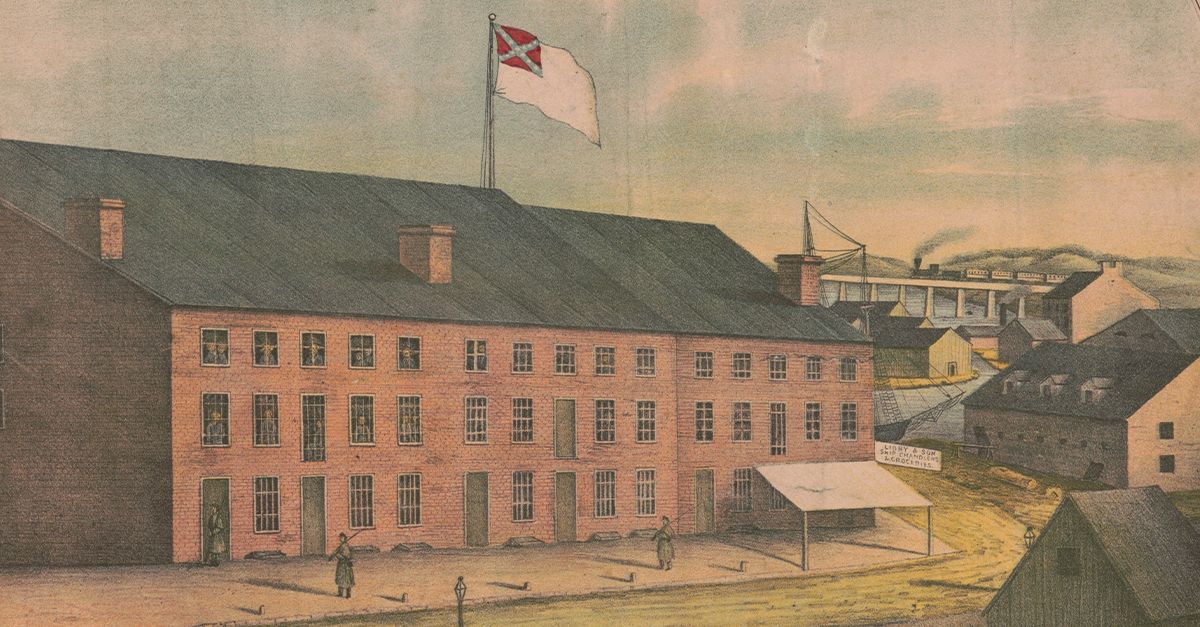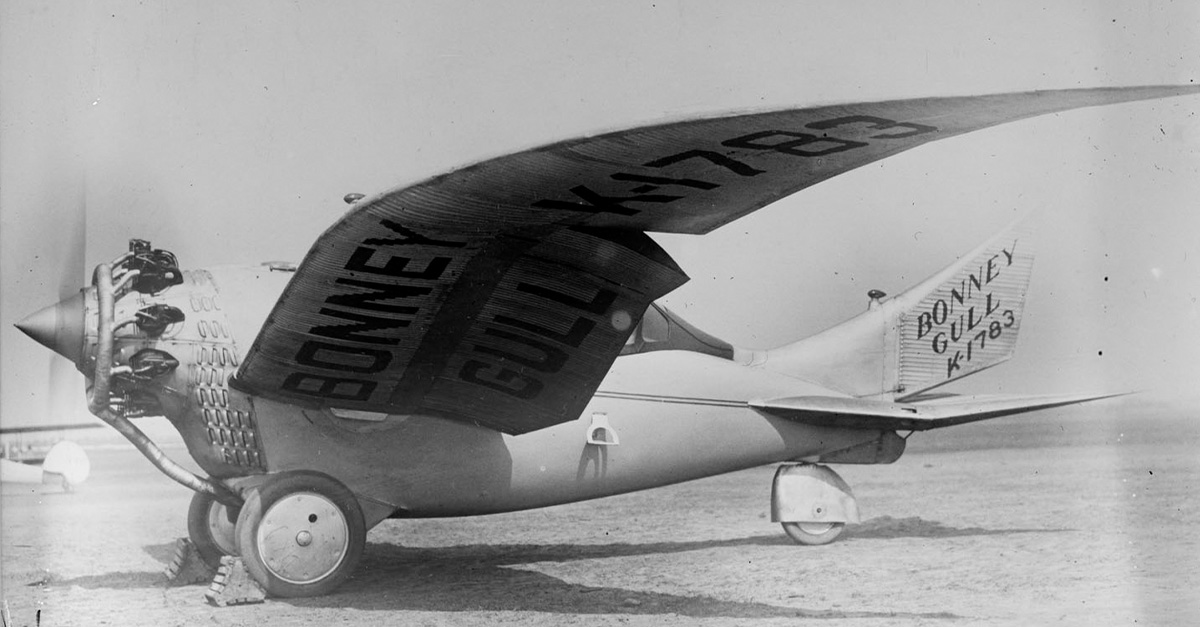In the dead of night on February 9, 1864, 109 Union officers tunneled their way out of Libby Prison, the most feared Confederate POW camp in Richmond, Virginia. The bold escape was led by Colonel Thomas E. Rose, who organized and motivated the men to burrow a 60‑foot tunnel from the rat-infested basement chimney to an empty lot next to a tobacco warehouse.
Appalling Conditions Provided Motivation
Libby Prison was a converted tobacco warehouse, overcrowded and unsanitary. Officers were crowded into large rooms with bars on the windows, no bedding, meager rations, and rampant disease. The guards steered well clear of the rat-infested basement, which became known as “Rat Hell”. It was this grim lower-level area that offered the only workable entry point for a tunnel.
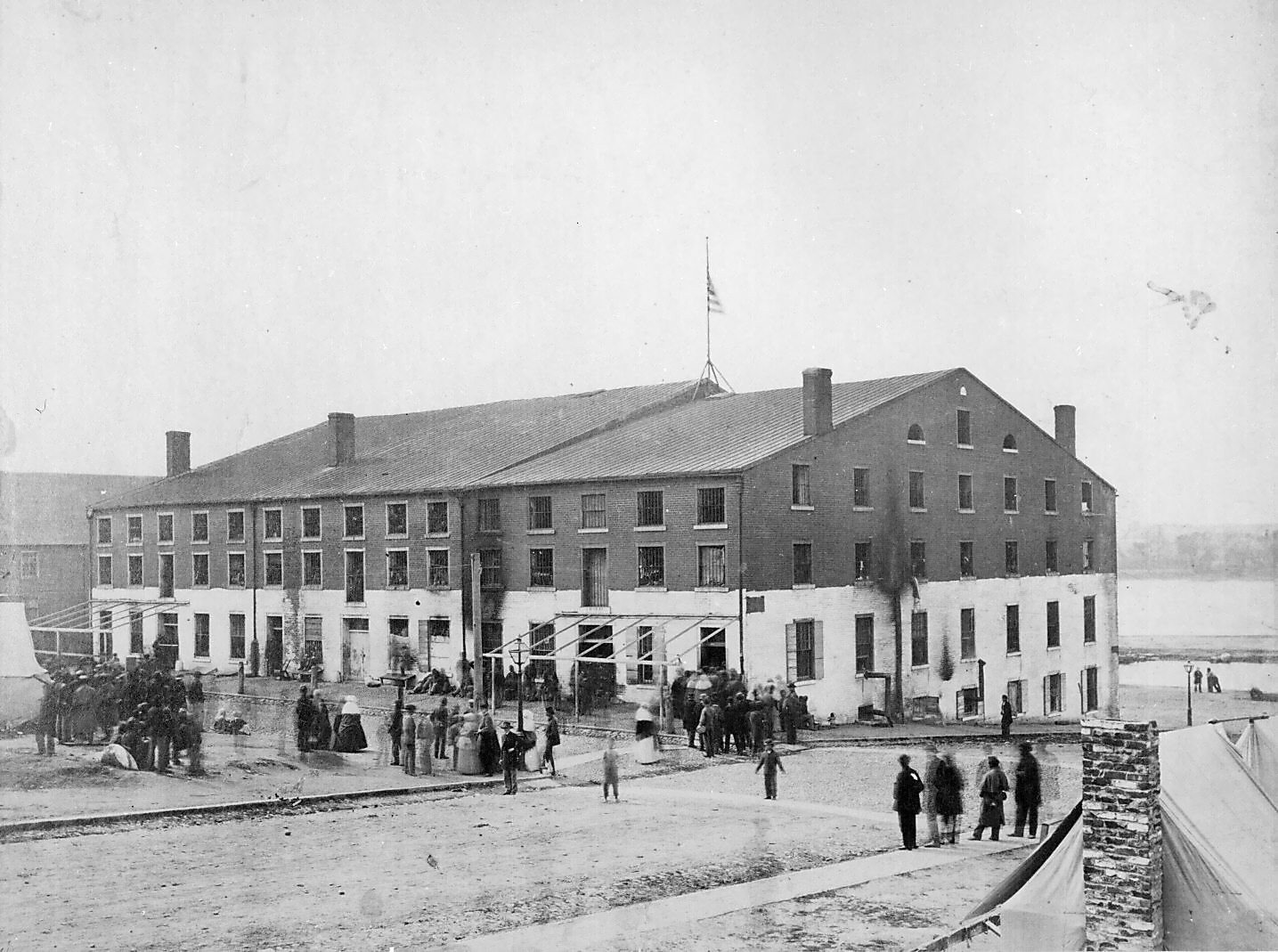 Alexander Gardner, Wikimedia Commons
Alexander Gardner, Wikimedia Commons
The Tunnel Was His Brainchild
Brooding over his captivity and humiliating capture at Chickamauga, Colonel Rose gathered and led small digging teams. Using basic tools like knives, spoons, chisels, they spread the excavated soil under straw. After two failed attempts, the determined men finally managed to bore a tunnel into the foundation of an abandoned tobacco shed about 50 feet away.
They Crawled To Freedom
The tunnel was a success, but the men couldn’t afford to stand around admiring their handiwork. At midnight, officers quietly shimmied through the tunnel in pairs. Emerging out into the separate shed, they nonchalantly walked out the door and off into the Richmond streets. The Confederates had no inkling of the escape until over twelve hours later. This gave the escapees an incredible head start.
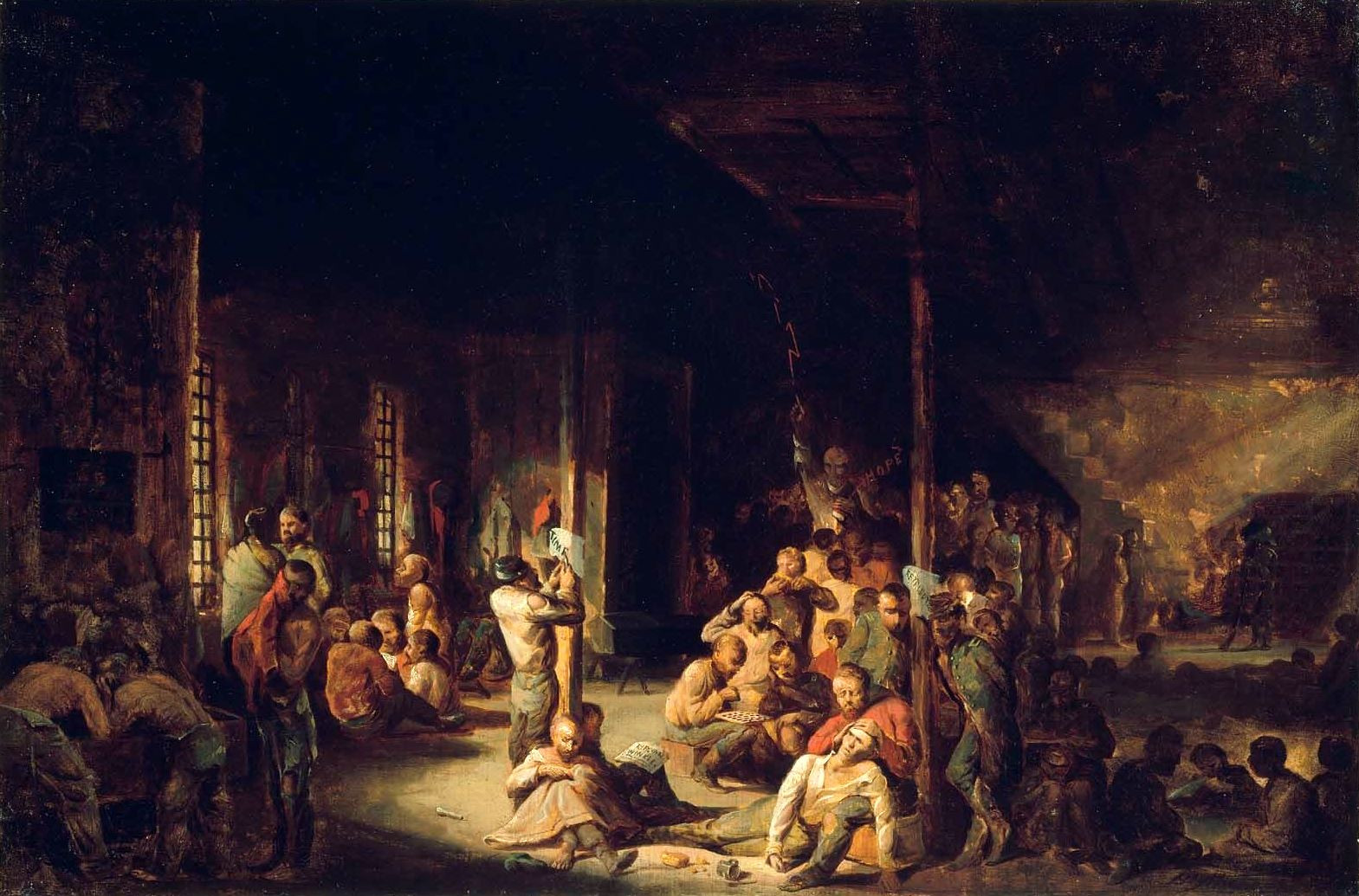 David Gilmour Blythe, Wikimedia Commons
David Gilmour Blythe, Wikimedia Commons
The Fate Of The 109
Of the escapees, 59 successfully reached Union lines, though two men tragically drowned crossing the James River. The other 48 were recaptured. The mastermind himself, Colonel Rose, was nabbed near Williamsburg but was later exchanged on April 30, 1864. Rose was eventually promoted to the rank of brevet brigadier general.
Confederate Officials Looked For Answers
The bold breakout embarrassed Libby’s command. Many guards were arrested under suspicion of bribery, or blamed for gross negligence. Libby’s reputation as an “escape-proof” facility was forever shattered, and many of its prisoners were transferred to other camps as a precaution.
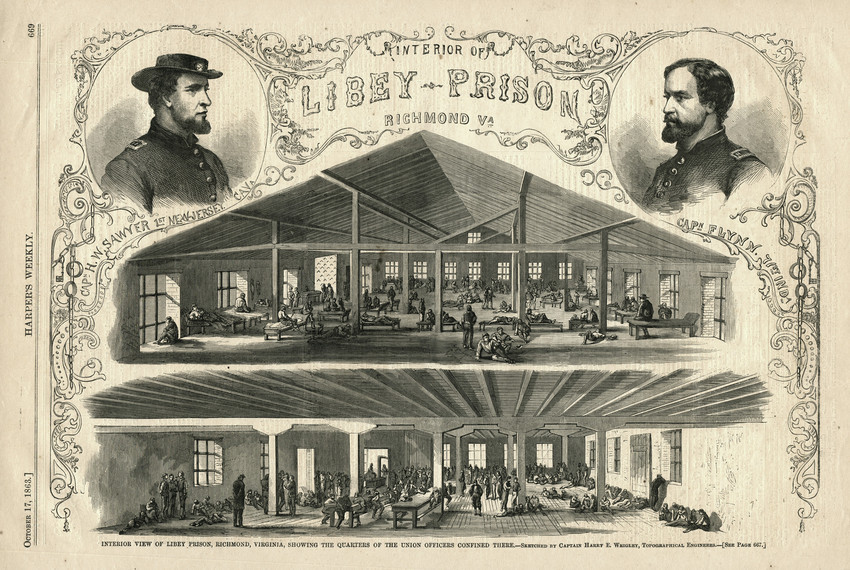 Harry E. Wrigley, Wikimedia Commons
Harry E. Wrigley, Wikimedia Commons
They Were Willing To Go Where The Guards Wouldn’t
Factors that tipped the scales in the escapees’ favor included the abandoned basement area where the guards were afraid to go; guard complacency; and the prisoners’ memory of the Virginia terrain from their previous service. The prisoners found it simple to work their way North using the North Star. They combined planning, perseverance, and teamwork under miserable conditions.
Legacy Of The Libby Breakout
The Libby breakout was one of the Civil War’s most brilliant mass escapes and has been raved about in the memoirs of the participants. It has also inspired a welter of theatrical and literary retellings, even modern documentaries like Great Escapes with Morgan Freeman. Clearly, the Libby Escape’s place in the Civil War saga, and the larger American story, is secure for all time.
You May Also Like:
The Secrets Behind Paris' Underground Tunnels
The Giant Hoax That Fooled America

